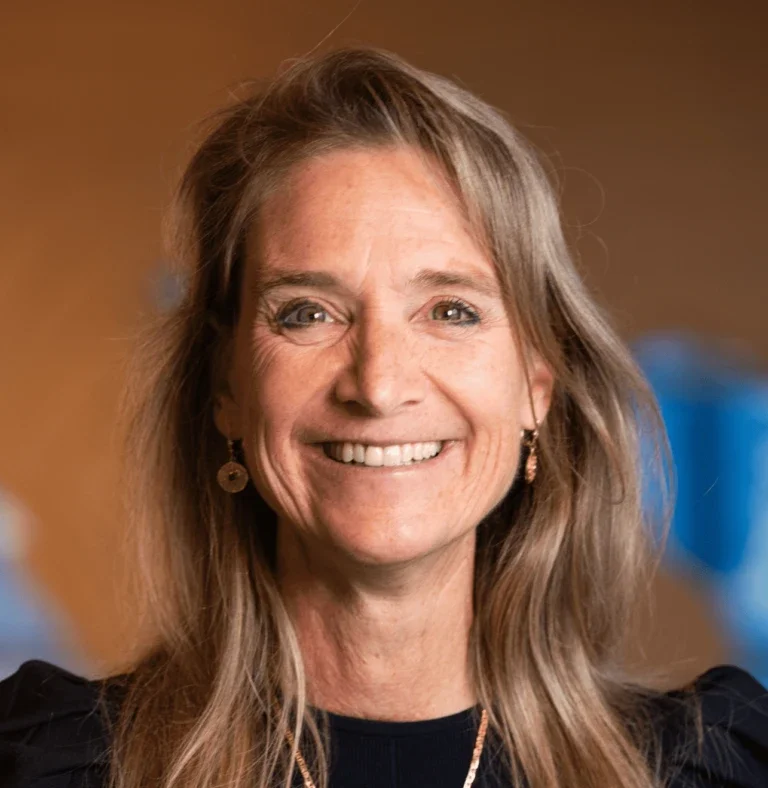Four years ago, The Rockefeller Foundation embarked on a mission to support innovative financing products and solutions aimed at mobilizing new capital for the achievement of the UN Sustainable Development Goals (SDGs). This endeavor led to the creation of the Zero Gap Fund (ZGF), an impact investing collaborative with the John D. and Catherine T. Foundation and its Catalytic Capital Consortium (C3). Today, we are delighted to announce that the Fund has successfully allocated its full commitment of $30 million across 12 investments.
Amidst the growing complexities of the global environment, we understand the need for investment capital to address the world’s most pressing challenges, notably the devastating impact of climate change. In alignment with this commitment, the Fund made two new investments in 2023 that put climate solutions at the forefront of their mission: Blue Forest’s Forest Resilience Bonds (FRBs): the FRB Catalyst Facility and Trailhead Capital Regeneration Fund I.
Blue Forest, a climate finance non-profit that addresses pressing environmental challenges by developing ecological investment opportunities, announced the launch of its first pooled investment vehicle in June of this year. The FRB Catalyst Facility will finance high-impact forest and biodiversity restoration projects with revolving loans and catalyze Blue Forest’s expansion to new landscapes and communities, beginning with Oregon’s Rogue Valley region.
Trailhead Capital is a Boulder, CO-based mission-driven venture capital firm that invests in early-stage companies offering tech-enabled solutions to expand regenerative agriculture practices and products. Today, they announced the closing of their inaugural fund, Trailhead Capital Regeneration Fund I, aiming to facilitate a shift from harmful farming practices to regenerative ones. This will be achieved through investments in tech-driven innovations that enhance soil health, reduce water consumption, boost biodiversity, increase crop yields, and enhance food quality. Simultaneously, their efforts will focus on enhancing the economic well-being of small-scale farmers and promoting healthier food options, characterized by increased nutritional value and the absence of harmful chemicals.
Since its inception, ZGF has been grounded in the acknowledgment that the progress of advancing new investment products requires more than initial funding for concept development—it demands seed investment capital as well. ZGF has strategically utilized adaptable, patient, and risk-tolerant capital to act as a catalyst for channeling private investments into initiatives aligned with the SDGs.
As of December 2022, ZGF had mobilized approximately $795 million in catalytic capital, leveraging 32 times its initial investments. The groundbreaking financial innovations cultivated through the Fund will play a pivotal role in directing substantial private capital inflows that yield beneficial outcomes for underserved and vulnerable populations, communities, and ecosystems.
The Zero Gap Fund: State of the Portfolio 2022 report furnishes comprehensive insights into the Fund’s investment activities and the impact they have generated. We look forward to continuing to track the impact of ZGF as a fully committed fund.
